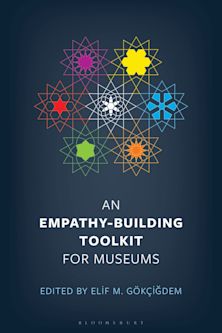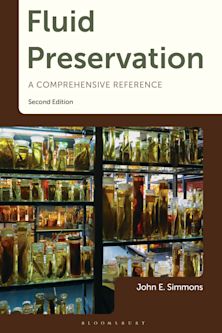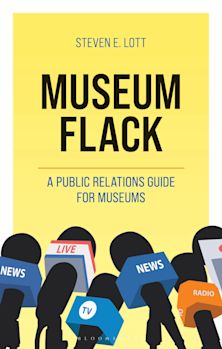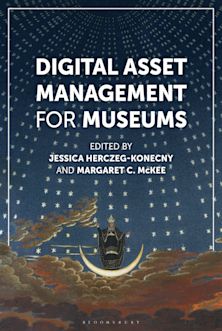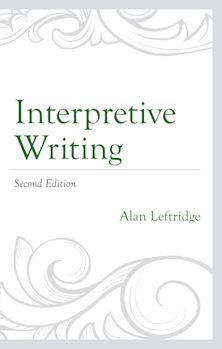- Home
- ACADEMIC
- Museum Studies
- Financial Fundamentals for Historic House Museums
Financial Fundamentals for Historic House Museums
This product is usually dispatched within 1 week
- Delivery and returns info
-
Free CA delivery on orders $40 or over
You must sign in to add this item to your wishlist. Please sign in or create an account
Description
The first of its kind to offer a discussion of financial management particular to historic house museums, this book is a vital resource to preservationists, staff, volunteers, and board members of historic houses. A reference tool that is accessible in approach yet comprehensive in scope, this book takes you step by step through securing and managing a historic house museum for years to come.
In straightforward language, utilizing case studies from historic house museums, and providing sample documents to get you started, Financial Fundamentals for Historic House Museums guides you on how to:
Incorporate as a tax-exempt organizationFind historic property designation options and successfully applyUnderstand contributed income opportunities and raise moneyCreate sustainable earned income opportunitiesUnderstand basic accounting and financial planning to ensure the future of your historic house museum.
Table of Contents
Chapter Two: The Welcome Mat: Understanding Contributed Income
Chapter Three: Brick by Brick: Earned Revenue Opportunities
Chapter Four: The Door Swings Both Ways: Managing Income and Expenses
Chapter Five: Blueprints for the Future: Financial Forecasting and Strategic Planning
Chapter Six: Conclusion
Product details
| Published | Aug 09 2017 |
|---|---|
| Format | Hardback |
| Edition | 1st |
| Extent | 184 |
| ISBN | 9781538100301 |
| Imprint | Rowman & Littlefield Publishers |
| Illustrations | 4 tables; 20 graphs |
| Dimensions | 238 x 159 mm |
| Publisher | Bloomsbury Publishing |
About the contributors
Reviews
-
With this superb guidebook, Rebekah Beaulieu fills a central need for preservationists and house museums all over America. In crisp, clear prose, and using valuable case studies throughout, she walks us step-by-step through the critical but often daunting financial and organizational tasks that can help ensure a long life as a house museum, from incorporation and designation to fundraising, budgeting, and long-term strategic planning. There are roughly 15,000 house museums in the United States, and every one of them could benefit from this remarkable volume.
Stephanie Meeks, president and CEO, National Trust for Historic Preservation
-
In a clear and concise manner Rebekah Beaulieu outlines all anyone needs to know about financial management and related legal requirements. The book takes you through all the necessary financial activities, from one stage to the next, using real life case studies, and a useful checklist that are essential for a sustainable and successful historic house museum. This book will be of tremendous use to staff, board members, volunteers, preservationists, and both students and faculty in museum studies programs.
Kenneth C. Turino, Manager of Community Engagement and Exhibitions, Historic New England and adjunct faculty, museum studies, Tufts University
-
People who work with historic house museums typically do it because they love the collection, stories, and daily interaction with the past. But when it comes to the business of actually running a museum, well, they sometimes could use a little help. That’s where Financial Fundamentals for Historic House Museums adds to the health of the field: in providing basic, easy to understand guidance for museum folks who need to keep their mission supplied with the money and business practices required for long-term sustainability.
Dan Yaeger, Executive Director, New England Museum Association













